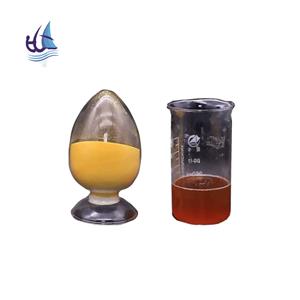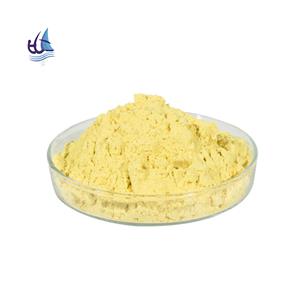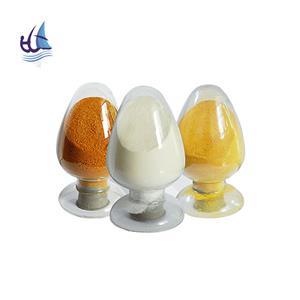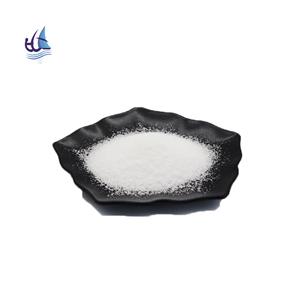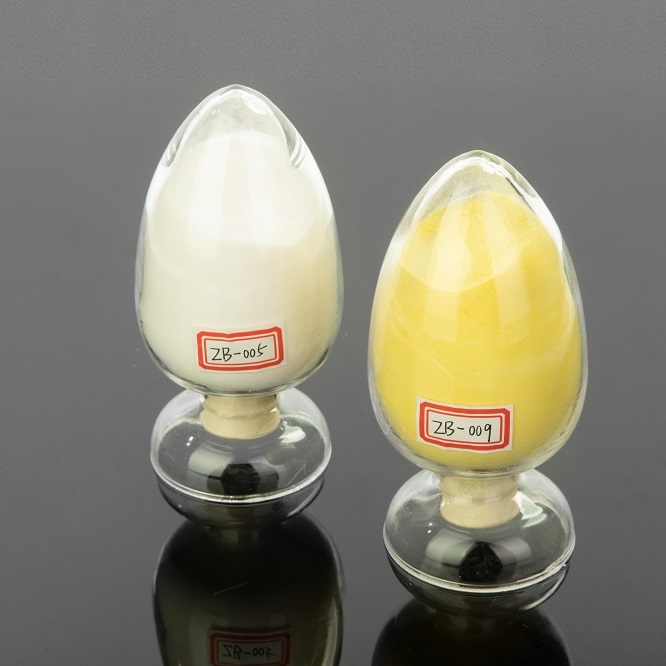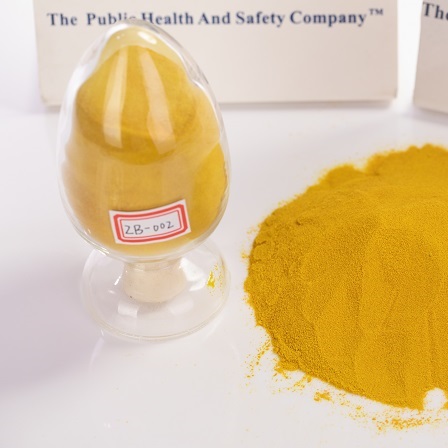What's The Role Of PAC In Agricultural Wastewater Treatment?
Polyaluminium chloride is an efficient water purification agent that can be used in industrial wastewater from coal mines, power plants, metallurgy, papermaking and other industries. Wastewater produced by agriculture is mostly used for farmland breeding, agriculture and agricultural product processing. Most of the organic pollutants in agricultural wastewater have high concentrations and poor biodegradability. Even some agricultural wastewater is toxic. This pollution factor will cause great damage to the environment.
In recent years, due to the characteristics of high phosphorus and high ammonia nitrogen in agricultural wastewater, physical and chemical methods can be used to solve it. Microelectrolysis is used to degrade organic pollutants in agricultural wastewater and also decolorize water quality.
The addition of high-efficiency polymer flocculants such as polyaluminum chloride PAC can adsorb, flocculate, and precipitate heavy metal substances, suspended solids, and small particles in sewage, adjust the pH value, thereby greatly reducing COD and chroma, and improving the biodegradability of sewage. Removal of ammonia nitrogen can also achieve ideal results.
At present, polymers such as polyaluminum chloride PAC are also widely used in the treatment of industrial sewage and domestic sewage. Because these water purifiers are cost-effective, easy to use, and do not cause corrosion in mechanical equipment and pipelines, polyaluminum chloride has become a mainstream product in water treatment methods in various industries.

